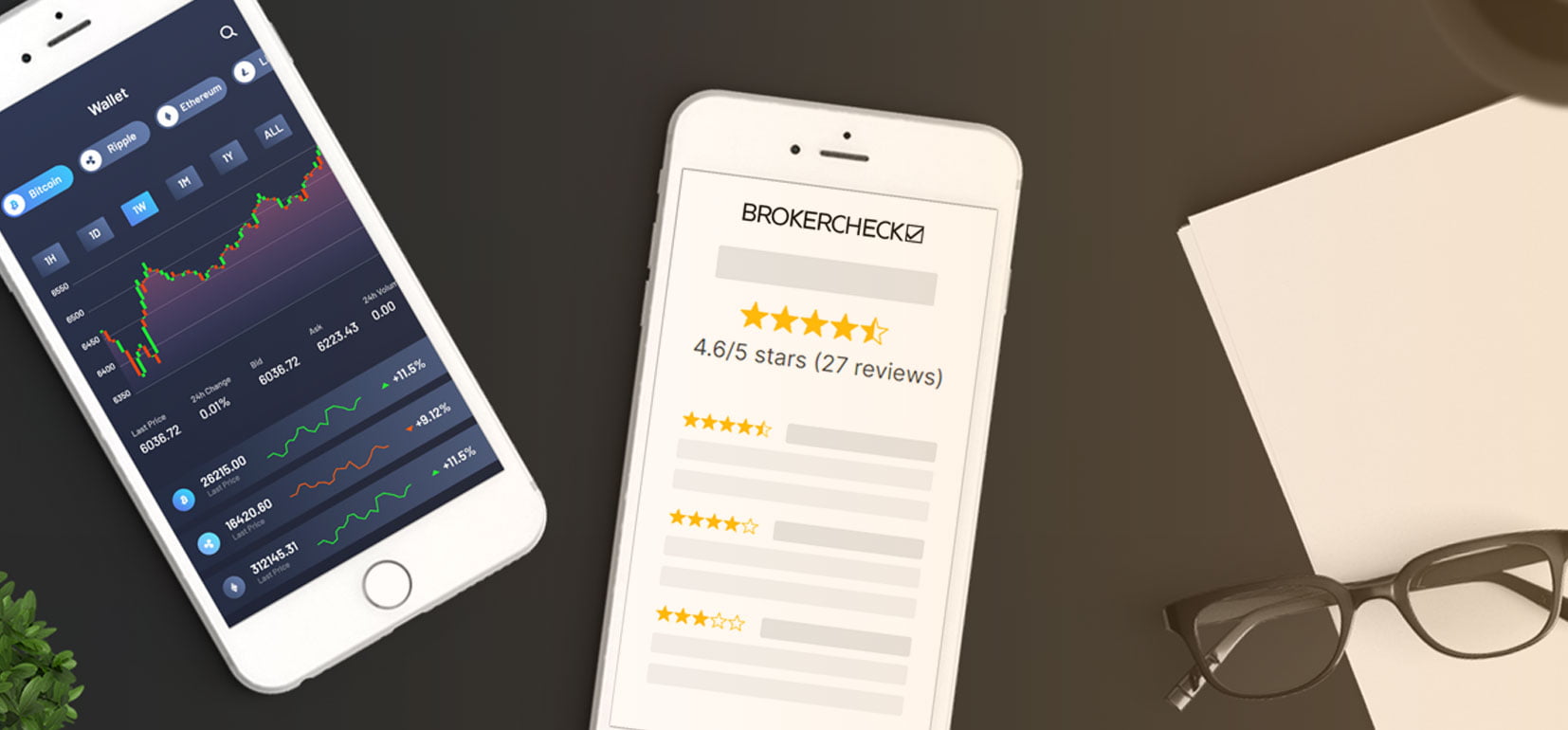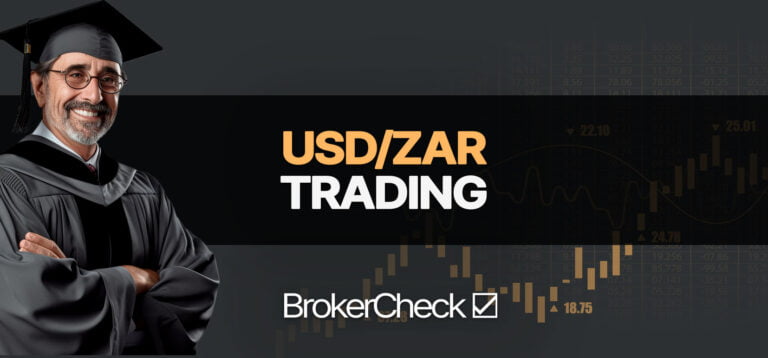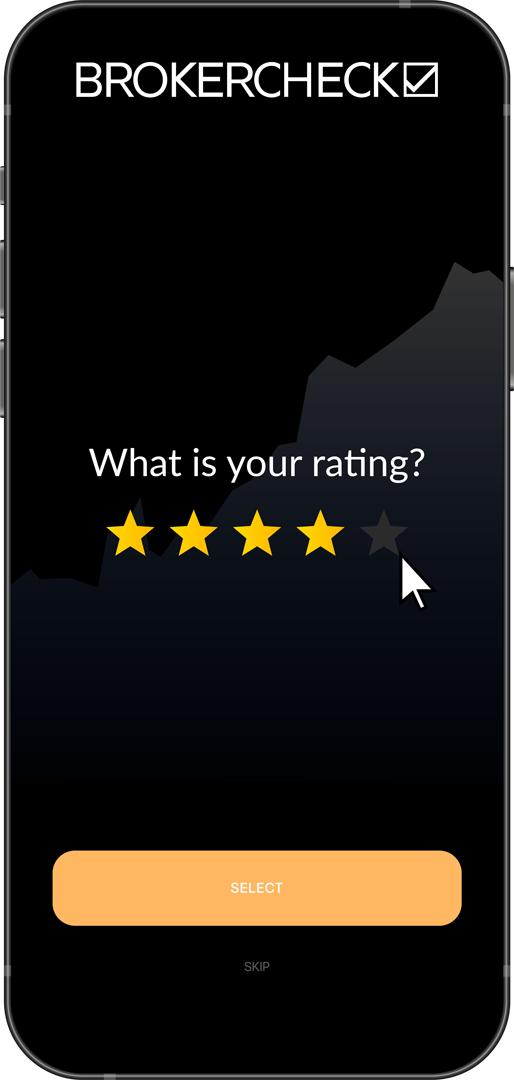What is a broker for traders?
In the context of trading, a broker is a financial services company that connects buyers and sellers of financial instruments. Brokers act as intermediaries between traders and the market, facilitating the buying and selling of securities and other financial instruments.
Traders typically open accounts with brokers in order to have access to the markets and to place trades. Brokers may offer a variety of services to their clients, including research and analysis, trading platforms, and educational materials. They may also provide access to a wide range of financial instruments, including stocks, currencies, commodities, and derivatives.
Traders may choose to work with a broker in order to benefit from their expertise and knowledge of the markets, as well as to have access to the tools and resources that they provide. Brokers may charge fees for their services, such as commissions on trades or account maintenance fees. It is important for traders to carefully research and compare brokers to find the one that best meets their needs.
What types of brokers are there?
There are several types of trading brokers that provide various services to traders. Some of the most common types of brokers include:
- Stocks brokers: These brokers provide access to the stock market and allow clients to buy and sell stocks and other securities.
- Forex brokers: These brokers offer access to the foreign exchange market, allowing traders to buy and sell currencies.
- CFD brokers: These brokers offer contracts for difference on a wide range of financial instruments, including stocks, currencies, commodities, and indices.
- Options brokers: These brokers provide access to the options market, allowing traders to buy and sell options contracts.
- Futures brokers: These brokers offer access to the futures market, allowing traders to buy and sell futures contracts.
- Cryptocurrency brokers: These brokers allow traders to buy and sell digital currencies, such as Bitcoin and Ethereum.
It is important to note that different brokers may offer different types of financial instruments and services, and it is important for traders to carefully research and compare brokers to find the one that best meets their needs.
7 things that you should know about your broker
When considering working with a broker, it is important for traders to consider the following:
- Regulation: It is important to choose a broker that is regulated by a reputable financial authority, as this can provide a level of protection for your funds.
- Fees: It is important to understand the fees that the broker charges, such as commissions on trades, account maintenance fees, and any other charges.
- Reputation: It is a good idea to research the reputation of the broker and read reviews from other traders to get a sense of their experiences.
- Services and resources: It is important to consider what services and resources the broker offers, such as research and analysis, educational materials, and trading platforms.
- Financial instruments: It is important to consider what financial instruments the broker offers and whether they meet your trading needs.
- Customer service: It is important to choose a broker with good customer service, as you may need support and assistance when trading.
- Leverage: Some brokers offer leverage, which allows traders to amplify their potential returns. However, it is important to understand that leverage can also amplify potential losses and carries a high level of risk.
By considering these factors, traders can choose a broker that is well-suited to their needs and goals.
What is the difference between Forex and CFD brokers?
CFD brokers and forex brokers are similar in that they both offer trading in financial instruments that are based on the movement of prices. However, there are some key differences between the two types of brokers, including the asset classes that they offer, the types of orders that they support, and the regulatory bodies that oversee their operations. CFD brokers offer contracts for difference on a wide range of financial instruments, including stocks, currencies, commodities, and indices, while forex brokers only offer access to the foreign exchange market. Both types of brokers may offer leverage, but it is important to understand that leverage carries a high level of risk.
Why do I need to verify my identity when signing up with a broker?
There are several reasons why a broker may require you to verify your identity when signing up:
- To comply with regulatory requirements: Many financial regulatory bodies require brokers to verify the identity of their clients in order to prevent money laundering and other financial crimes.
- To protect your security: Verifying your identity helps to ensure that only you have access to your trading account and helps to protect your personal and financial information.
- To prevent fraud: Verifying your identity helps to prevent fraudulent activity and ensures that your funds are safe.
Overall, verifying your identity when signing up with a broker is a standard practice that helps to protect your security and ensure the integrity of the financial system. It is important to provide accurate and up-to-date information when verifying your identity, as failure to do so may result in delays or difficulties in opening an account.
How can I verify myself?
There are several ways that you can do to verify your identity when signing up with a broker:
- Provide government-issued identification: This can include a passport, driver’s license, or national identity card. You may be required to provide a copy of the identification document and/or a photograph of yourself holding the document.
- Provide proof of address: This can include a utility bill, bank statement, or other official document that shows your name and current address.
- Provide a copy of a recent bank statement: This can help to verify your financial information and confirm that you have the funds necessary to trade.
- Complete a video verification process: Some brokers may offer a video verification process in which you are required to complete a video call with a representative and show them your identification documents.
It is important to provide accurate and up-to-date information when verifying your identity, as failure to do so may result in delays or difficulties in opening an account. The specific documents and information that you are required to provide may vary depending on the broker and your location.
How do I know if my broker is bad or even a scam?
There are a few red flags that may indicate that a broker is not reputable or may be a scam:
- Lack of regulation: It is important to choose a broker that is regulated by a reputable financial authority, as this can provide a level of protection for your funds. If a broker is not regulated or is not transparent about their regulatory status, it may be a cause for concern.
- Unusually high returns: If a broker promises unusually high returns or profits, it may be a sign that they are a scam. It is important to remember that trading carries risk and that there are no guarantees of profit.
- Requiring upfront payments: Reputable brokers do not typically require upfront payments or deposits in order to open an account. If a broker asks for an upfront payment, it may be a sign that they are a scam.
- Unresponsive customer service: If a broker has poor customer service or is unresponsive to customer inquiries, it may be a sign that they are not trustworthy.
- Complaints from other traders: If there are numerous complaints from other traders about a broker, it may be a sign that they are not reputable.
It is important to do your due diligence and research a broker thoroughly before opening an account with them. It may also be helpful to consult with other traders and financial professionals for their opinions and experiences.











